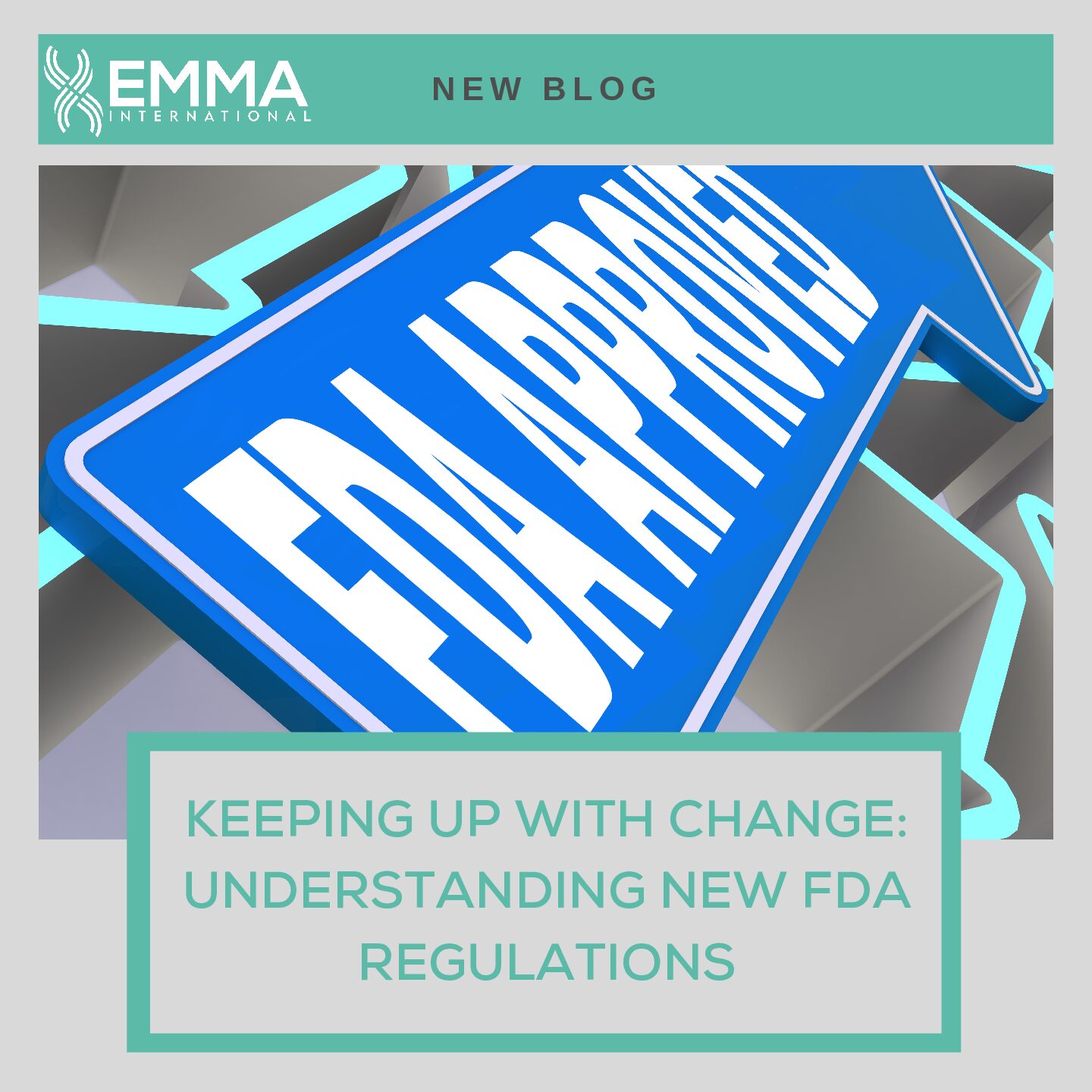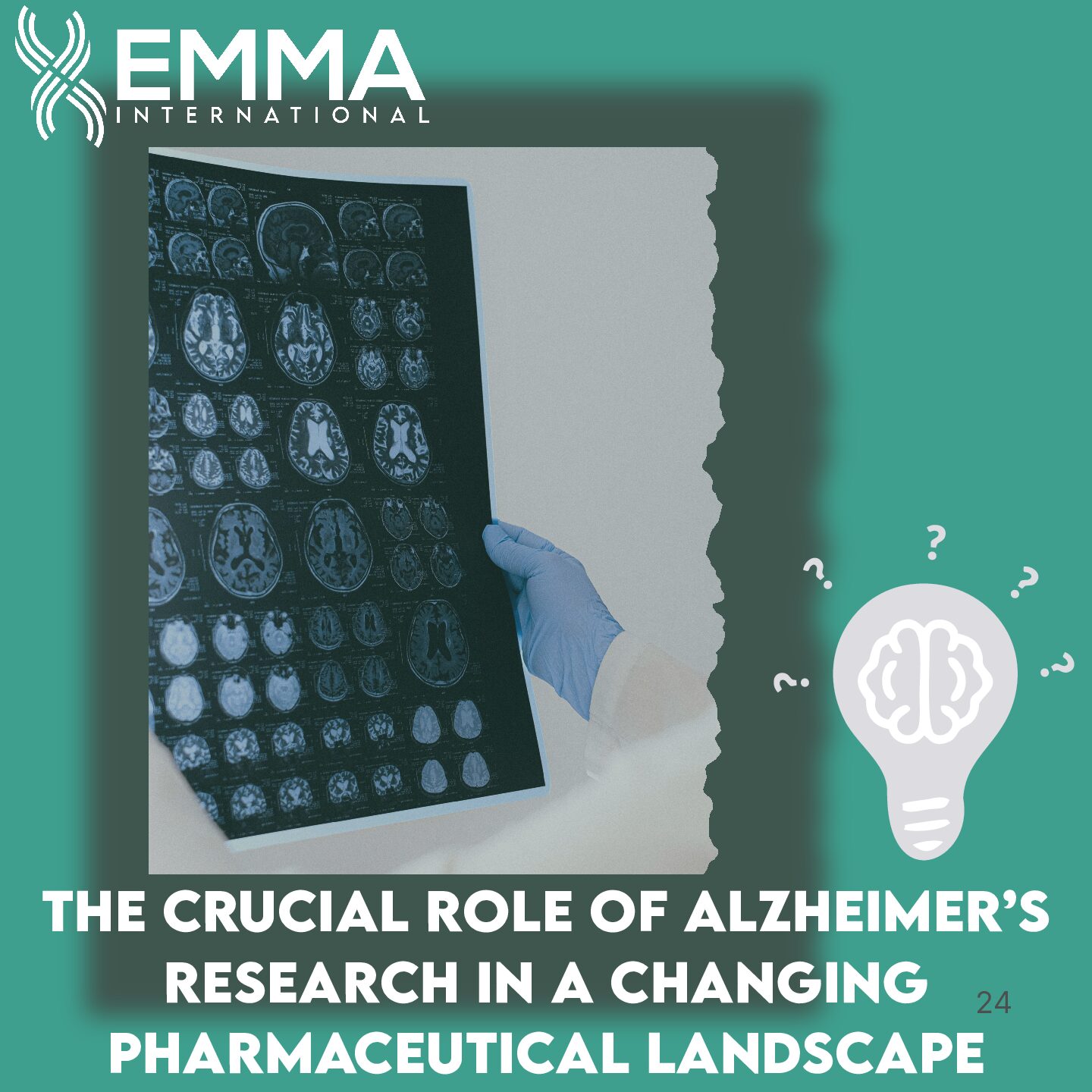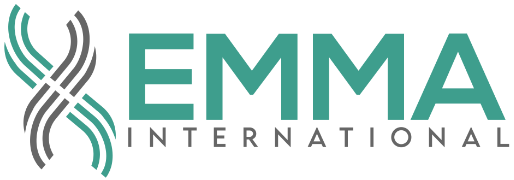As part of our blog series on artificial intelligence and machine learning driven medical devices, we discuss the SaMD Pre-Specification and the Algorithm Change Protocol that FDA has crafted for such devices, in this blog.
Before a medical device can be marketed in the U.S. it must be cleared or approved by FDA. Historically this has only been achieved through the 510(k), De Novo, and Premarket Approval (PMA) processes, but with the release of the proposed regulatory framework on Artificial Intelligence/ Machine Learning (AI/ML) based Software as a Medical Device (SaMD), there could soon be another premarket process.
In order to utilize the ability of AI/ML driven devices to continuously learn from Real-World Data (RWD) and improve themselves, FDA decided to come up with a new regulatory framework to regulate the changes as they are post market modifications to the SaMD. Submitting each change to FDA before implementation would not capitalize on the advantage of self-improving devices.
Our previous blogs: ARTIFICIAL INTELLIGENCE & MACHINE LEARNING TECHNOLOGIES and QUALITY SYSTEMS AND GOOD MACHINE LEARNING PRACTICES, give an overview of the proposed framework and provide a more detailed look into the first point in FDA’s proposed Total Product Lifecycle (TPLC) approach to regulating AI/ML-based SaMD, respectively. This blog will take a closer look at the second point in FDA’s proposed Total Product Lifecycle (TPLC) approach, initial premarket assurance of safety and effectiveness.
This proposed regulatory framework relies on the principle of a predetermined change control plan containing SaMD Pre-Specifications (SPS) and an Algorithm Change Protocol (ACP) which separates it from the premarket review of device modification plans that have taken place through the De Novo process. The predetermined change control plans would allow companies to relay what the device’s algorithm is intended to learn and what potential modifications would therefore occur and how they plan to ensure the device remains safe and effective after the anticipated modifications are made. The what is to be documented in the SPS and the how is to be documented in the ACP.1
The SPS are the anticipated modifications that the manufacturer plans to make during the software’s actual use. In other words, they are the potential changes that the manufacturer intends the algorithm to learn and make.i
FDA states the ACP is to be “a step-by-step delineation of the data and procedures to be followed so that the modification achieves its goals and the device remains safe and effective after the modification” and to do so should contain four main components: data management, re-training, performance evaluation, and procedural updates.1
Relying on a change control plan to support modifications depends on many factors. Some of them are measures to monitor degradation of device performance and risks to the patients, clinical association of the disease to the input data or assessing the confidence in the ability of the algorithm to aid in making a diagnosis decision.1
Establishing a predetermined change control plan does not mean anything goes for the modifications that can be made to the device. FDA wants to enable the true potential of machine learning, especially as RWD increases in popularity in the healthcare field but needs to ensure a high level of patient safety. Read our blog, REAL-WORLD DATA TO SUPPORT MEDICAL DEVICE REGULATORY SUBMISSIONS, for more information regarding what RWD can bring to the table and how it can affect regulatory decisions. Changes related to the intended use are allowed if they are not significant and do not greatly impact the risk. In cases where the modification was not anticipated in the SPS submitted to the FDA or significant modifications are being made to the intended use, a premarket review will be required. Refer to the guidance document “Deciding When to Submit a 510(k) for a Software Change to an Existing Device” for additional information.
You can submit your suggestions or comments on FDA’s Proposed Regulatory Framework for Modifications to Artificial Intelligence/Machine Learning (AI/ML)-Based Software as a Medical Device (SaMD) – Discussion Paper and Request for Feedback using the following link: https://www.regulations.gov/comment?D=FDA-2019-N-1185-0001
For any other questions that you may have about the proposed regulatory framework, please contact us at 248-987-4497 or info@emmainternational.com.







